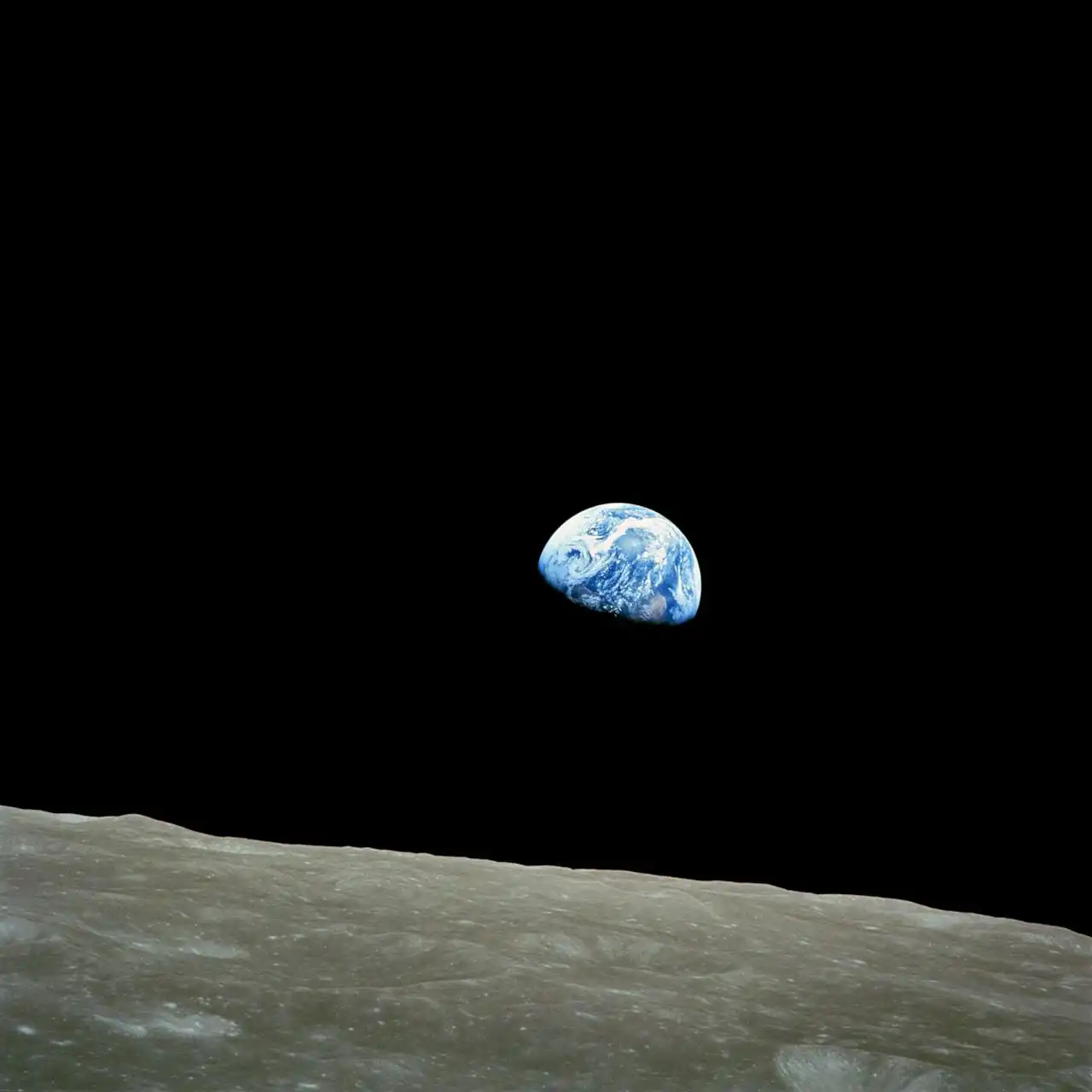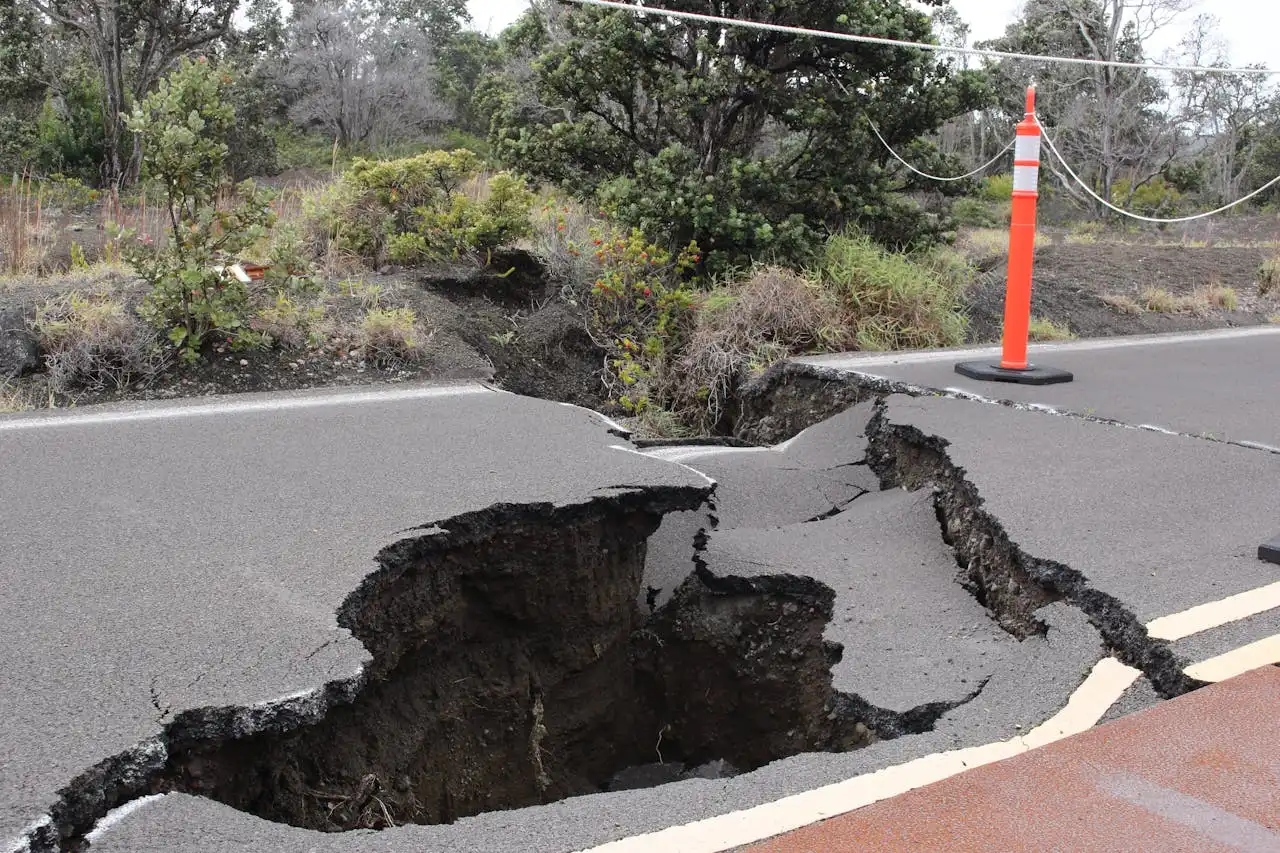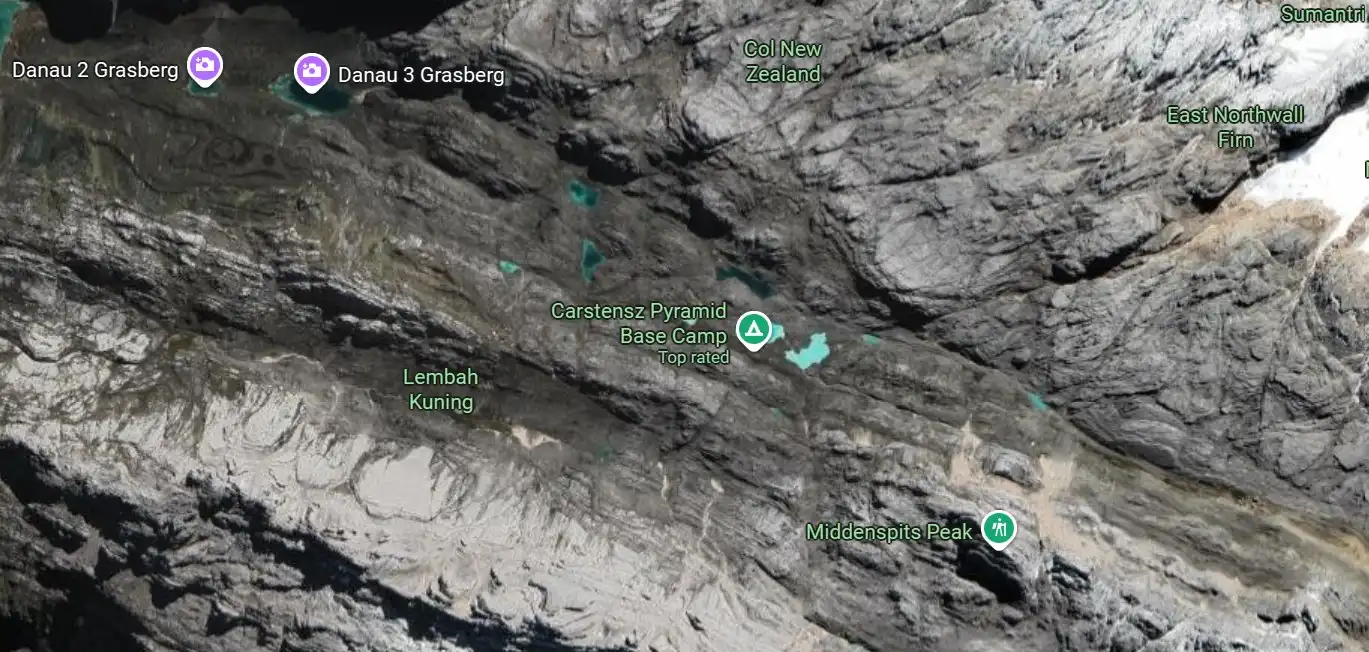The Cosmic Game of Hide-and-Seek: Beyond Planet X, Meet Planet Y?
Muhe - Monday, 25 August 2025 | 08:00 AM (WIB)


A New Challenger Appears: Planet Y
Just when the scientific community was busy chasing Planet X, a new hypothesis has emerged: the possibility of Planet Y.This isn’t just a rehash of old theories. Planet Y is proposed as a completely separate, Earth-sized world that could help explain additional anomalies in the Kuiper Belt—the solar system’s icy frontier filled with comets, dwarf planets, and frozen debris.Planet X vs. Planet Y: What’s the Difference?
- Planet X (Planet 9): Thought to be much larger—possibly a super-Earth or mini-Neptune—lurking far beyond Neptune. Its influence would affect a wide range of distant objects.
- Planet Y: Predicted to be Earth-sized, with gravitational effects specifically tied to Kuiper Belt objects. It would be closer than Planet X, though still extremely remote.
The Challenge of Spotting Hidden Worlds
Why haven’t we seen these planets yet? Simply put: the outer solar system is unimaginably vast and dark.Trying to detect an Earth-sized planet in the Kuiper Belt is like searching for a golf ball in a pitch-black stadium the size of several states, with only a flashlight to help. Even with powerful observatories, massive worlds can remain invisible at such distances.Why These Hypotheses Matter
The beauty of these theories isn’t just the thrill of a potential discovery—it’s how they expand scientific inquiry.If gravitational anomalies keep showing up in data, astronomers must find explanations. When known celestial bodies can’t account for them, the door opens for unknown planets. Each new possibility adds to the mystery of our “cosmic attic.”What Lies Beyond?
The possibility of both Planet X and Planet Y lurking unseen is mind-blowing. Could there be more?Our solar system may be far more crowded in its distant reaches than we’ve ever imagined. The universe consistently proves it’s bigger, stranger, and more fascinating than our textbooks suggest.For now, the search continues—and with it, the sense of wonder that fuels astronomy itself.
Did Earth Just Jump from 3D to 5D? Let's Deconstruct the Hype
6 months ago

South Korea Says "No More Pixels, More Pencils!" in Classrooms
6 months ago

Japan Earthquake Rumors: Between Manga Prophecies, Tourist Fear, and Scientific Reality
6 months ago

Marina Bay Sands to Become a New Icon with US$8–9 Billion Development
6 months ago

Global Water Crisis 2025: A Threat That Cannot Be Ignored
6 months ago

The Vanishing Crown: Global Warming's Grip on Carstensz Peak's Glaciers
6 months ago

The Pig Lungs That Could Change Everything: A New Dawn for Organ Transplants?
6 months ago

The Unseen Legacy: Chernobyl's Enduring Echoes on Life and Land
6 months ago

South Korea's Latest Crime-Fighting Gizmo: Say Hello to the Hologram Police!
6 months ago

Russia's Tech Gambit: Unpacking the Bold Move to Ditch WhatsApp for a Homegrown Messenger
6 months ago
